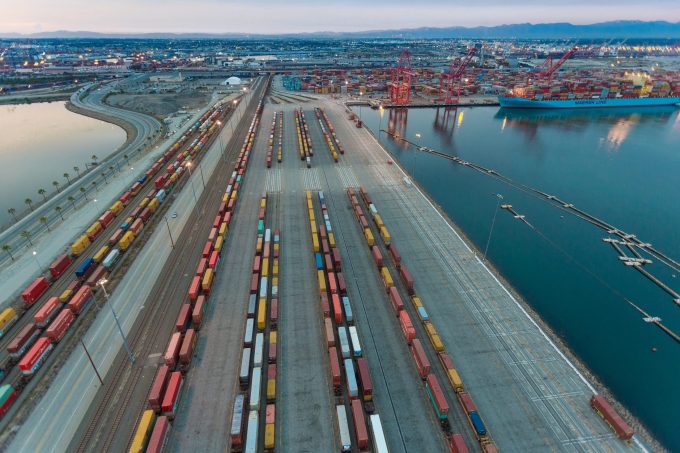Carrier price hikes hold, driving spot rates higher as space gets scarcer
Container spot freight rates on the transpacific and Asia-Europe trades saw a massive jump this ...

US exporters have accused carriers of billing for detention & demurrage (D&D) charges even when empty containers have been returned.
This increases costs and time spent battling with shipping line administrators – on a daily basis for some – to rectify errors, they say.
Major disruption in ...

Comment on this article